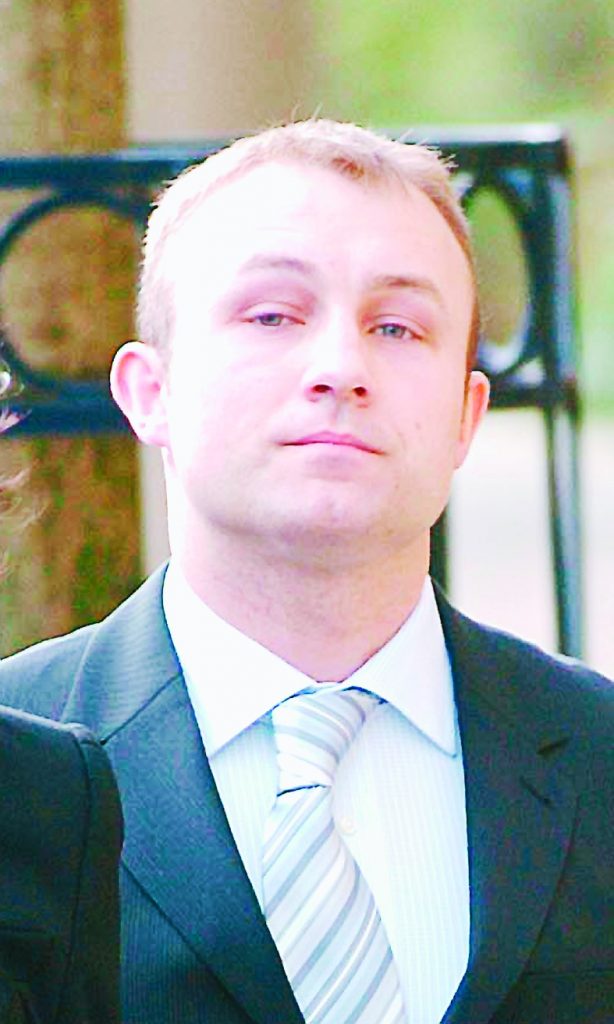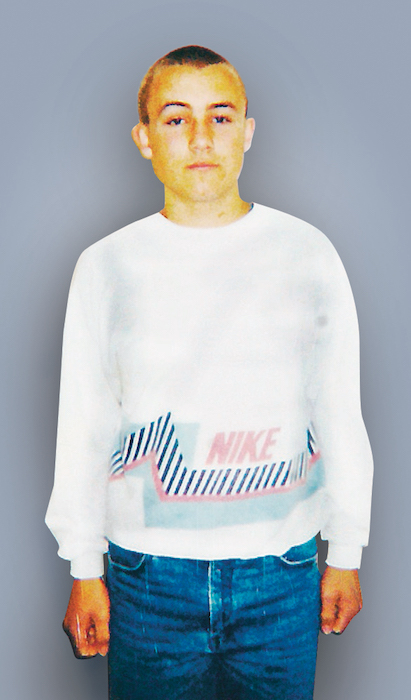Michael Ross campaigners lodge complaint into police handling of murder case

An official complaint has been lodged against Police Scotland into the handling of an Orkney murder case.
A 360-page dossier of alleged failings by Northern Constabulary, investigating the killing of Orkney waiter Shamsuddin Mahmood almost 30 years ago, has been submitted to the force’s Professional Standards Department (PSD) in Glasgow.
Mahmood was shot in the head at point blank range by a masked gunman who fled the scene, during an evening shift at the Mumutaz restaurant, in Kirkwall, in June 1994.
The complaint has been prepared by campaigners for Michael Ross, who was convicted of the murder in June 2008 — 14 years after it happened.
Officers are accused of failing to adequately investigate the life and acquaintances of the victim, of manipulating evidence and witnesses, failing to investigate a plausible lead and of misleading and misdirecting the media during their investigation.
The most serious claims surround police handling of evidence provided by William Grant, who came forward in 2006 — 12 years after the murder, when police had already identified Ross as a prime suspect — and claimed to have seen the schoolboy, yards from the murder scene, holding a pistol and wearing a balaclava.
A letter accompanying the complaint states: “We allege there to have been confirmation bias, media manipulation, gross incompetence and, laterally, corruption in the police investigation, resulting in the wrongful conviction of Michael Alexander Ross.
“We have compiled a detailed case for complaint that shows the police investigation into Mr Mahmood’s murder to be incompetent and biased from the beginning, led by officers lacking in experience and diversity who were under-resourced, completely out of their depth and unable to conduct the standard of investigation required in this complex and highly sensitive case.”
Despite interviewing more than 2000 individuals and a launching a nationwide publicity campaign surrounding the islands’ first murder for 26 years, police drew a blank until 2006 when Mr Grant came forward.
In an anonymous letter, handed to an administration assistant at Kirkwall Police Station, the former labourer claimed to have seen Mr Ross wearing a balaclava and holding a pistol in public toilets yards from the restaurant, before the murder.
Aged 15 at the time, Ross was several years younger and up to five inches shorter than a description of the killer issued by police, based on witness descriptions of the killer.
Mr Ross was convicted of Mr Mahmood’s murder on June 20, 2008 following a trial at the High Court in Glasgow. He is 14 years into a life sentence at Low Moss prison, in East Dunbartonshire.
An appeal failed to overturn the conviction and, in 2014, The Scottish Criminal Cases Review Commission (SCCRC) refused to refer the case to a fresh appeal, ruling that it had not been a miscarriage of justice.
The complaint covers the Northern Constabulary investigation into the killing between 1994 and 2008, including a cold case review from 2006-2008.
Detailing what they describe as the most serious allegations, campaigners allege that officers infringed Mr Ross’s human rights by predetermining his guilt, failing to investigate plausible alternative suspects, and manipulating evidence to fit their theory.
They claim police had credible evidence suggesting Mr Mahmood had issues in his personal life and may have been the victim of a contract killing, but that they failed to follow up on information that should have been ‘red flags’ to the investigators.
They accuse senior officers of feeding a false narrative to the media and misleading journalists and the Orkney community.
Examples highlighted include the use of a prejudicial e-fit picture released on a BBC Crimewatch programme in October 1994, and biased information provided to a 2005 STV documentary entitled Unsolved: Getting Away with Murder.

Campaigners also claim to have new evidence suggesting Mr Grant may have been coerced into providing a false account of witnessing Mr Ross on the night of the murder.
Mr Ross’s father Edmund — a former police constable with the Orkney force — was convicted of perverting the course of justice and jailed for four years in May 1997, in connection with bullets he had voluntarily submitted to the investigation.
In 2011 he complained to Northern Constabulary that Mr Grant had been pressured into providing a false account. His complaint was investigated and was not upheld.
In their letter to Police Scotland, campaigners said: “We can provide further evidence to demonstrate key facts that suggest the witness Grant was, indeed, coerced into providing false witness statements.
“The case against Michael Ross was presented to [the Procurator] Fiscal in 1995 and, we believe, again in 2001 and sufficiency of evidence was not reached. The Crown relied upon the testimony of William Grant to reach the threshold for sufficiency of evidence to charge Michael Ross with murder.
“After using William Grant to escalate the case to court, while aware of his shortcomings, the Crown then attempted to drop him as a trial witness, Grant then only testifying at the insistence of the defence.
“We believe that there is overwhelming evidence that the…testimony of William Grant was secured…to close the case at all costs and this must be investigated thoroughly and without delay.
“The resulting miscarriage of justice has caused immeasurable damage and its remedy is long overdue, with Michael Ross having served almost 14 years of a 25-year minimum term for murder; a conviction we believe to have been possible because of malfeasance in public office.”
A spokesman for Police Scotland said: “We have received a complaint and it is currently being assessed.”


